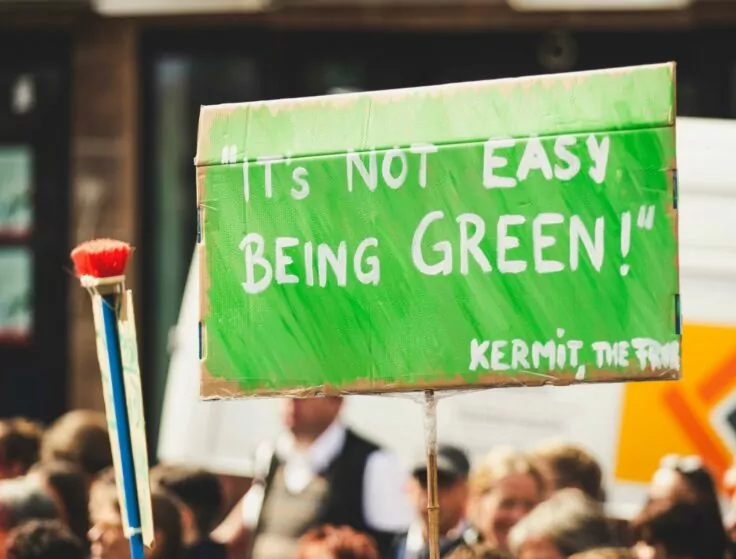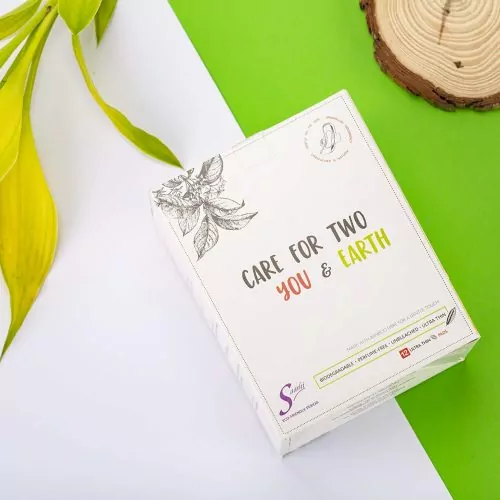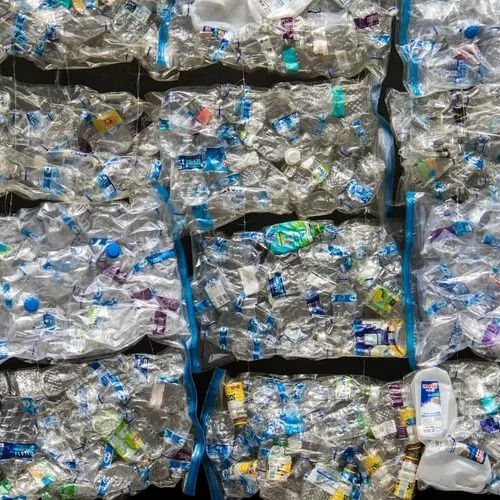“The Earth has a deadline,” warns the Climate Clock in New York. The countdown was launched to illustrate the critical window for action to prevent the effects of global warming from becoming irreversible. It counts a little over 6 years and 364 days at the start of 2021.
CO2 emissions have reached record levels in 2020, despite reduced emissions from coronavirus restrictions, according to the National Oceanic and Atmospheric Administration. And yes, the year also joined 2016 and 2019 as one of the hottest years on record.
Needless to say: climate change is well underway and we have to take a stand. You might feel helpless in the face of such a big threat, it’s important not to neglect the impact of small and daily actions.
To help reduce your carbon footprint and achieve a sustainable lifestyle, here are ten ecological habits you can easily adopt in 2021.
Use your own containers for takeout
Some restaurants and coffee shops even offer discounts for people who do so.
Try eating vegan
You don’t have to be a perfect vegan to make an impact. You can start off by reducing your meat consumption, growing your own food and eating more plant-based.
Donate unused items
Old clothes that no longer fit, children toys, or books can find a new life if donated.
Shop locally and sustainably
The region is not short of eco-conscious brands from fashion labels that use recycled fabrics to vintage or second-hand stores and vegan beauty brands.
Upcycle, upcycle, upcycle
Use whatever junk you have laying around the house to create new furniture, interior decorations, or accessories.
Work Remotely
Yes, even after the pandemic is over. Remote working helps reduce our collective carbon footprint, road traffic and food waste when you can get lunch at home.
Consume less
Get rid of your constant need to always buy new things.
No more single use plastic
Thermal water bottles, reusable ear swabs, bamboo toothbrushes, biodegradable trash bags, stainless metal straws or cloth shopping bags… the substitutes are endless.
Reuse your food leftovers
You can try out money-saving recipes made from food leftovers or set up your own compost pile.
Go for solid beauty products
More and more brands are ditching single-use packaging and producing solid shampoo, lotion and conditioner bars.









